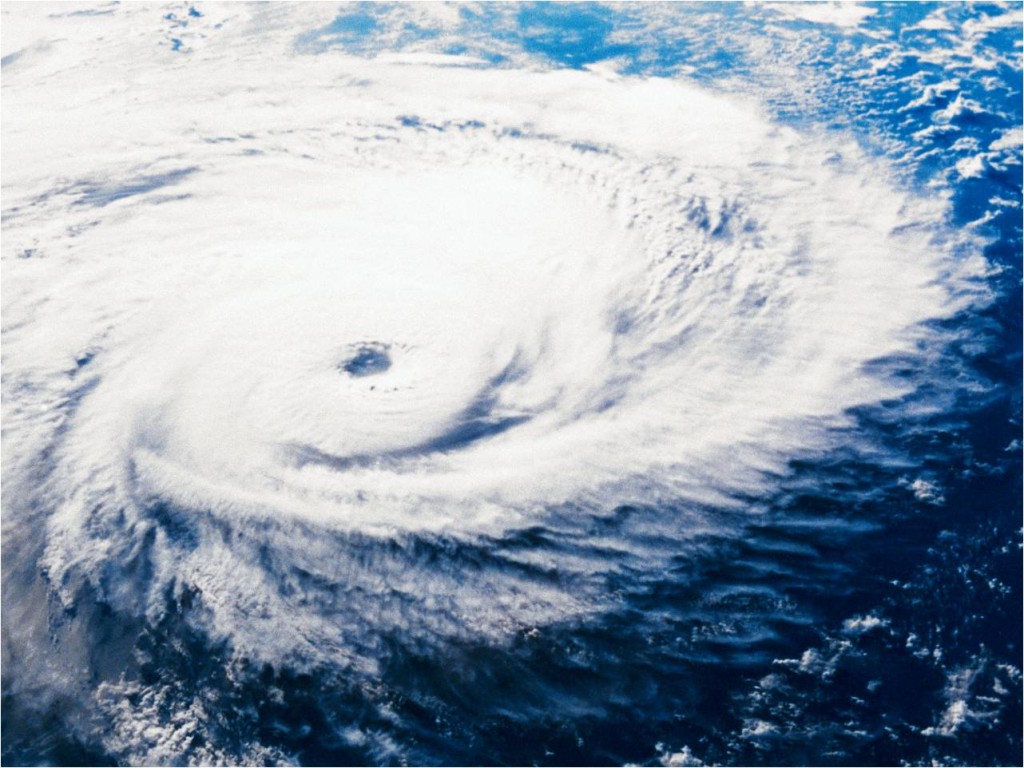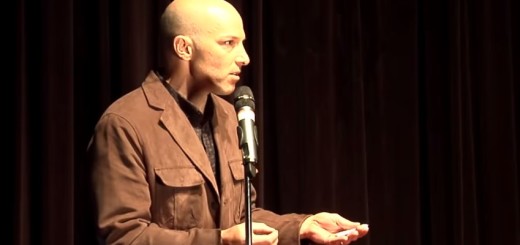The Ordered and the Unordered, Fractal Mathematics and Nonlinear Complex Systems
My sister, Gina, and I have often talked about it, and we’ve decided that there is no such thing as luck. I’ve actually gone so far as to stop wishing people good luck. I prefer to say, “Be well.” She has stopped wishing people “good luck” too. Since she views what we go through in life as blessings, including the bad stuff as mixed blessings, her favorite thing to say in parting instead of “Good luck” is “Be in your blessing.”
I love that because when she says, “Be in your blessing,” she encourages me to notice what is good in my life, even if it seems not so good at the time. The phrase also reminds me to practice gratitude, as well as to raise my awareness of the present moment.
We both agree that what happens in life can certainly appear to be happening by chance, but after all the things we’ve been through – the good and the bad – we are now able to reflect and connect the dots. With hindsight, we can easily see that none of it was good luck or bad luck. One thing led to another, a choice made once upon a time resulted in a later experience. Looking at it this way has given us answers to our philosophical questions about life, the universe and everything. (Yes, that’s a nod to D. Adams.)
By the way, keep reading if you want to geek out a little with me… otherwise see you later. Be well and be in your blessing. :)
Chaos Theory – Let’s Geek Out!
All this stuff about there being no such thing as luck reminds of Chaos Theory. I’m convinced that Chaos Theory is not a theory at all – it’s a fact.
Are you familiar with the concept? If not, check out the following explanations I’ve selected from the Internet…
According to Wikipedia, “Chaos theory is a field of study in mathematics, with applications in several disciplines including meteorology, physics, engineering, economics, biology, and philosophy.”
And I love this statement on the Wikipedia site: “Chaos: When the present determines the future, but the approximate present does not approximately determine the future.”
I suggestion you visit the Wikipedia page on Chaos Theory and scroll down to the bottom to see all the numerous applications and the obvious controversy that exists about this scientific concept.
I also found an interesting op-ed piece from The Guardian called “Chaos theory and divine action” that further shows how controversial it is from a theological vs. scientific standpoint.
Here’s an explanation from fractalfoundation.org:
Chaos is the science of surprises, of the nonlinear and the unpredictable. It teaches us to expect the unexpected. While most traditional science deals with supposedly predictable phenomena like gravity, electricity, or chemical reactions, Chaos Theory deals with nonlinear things that are effectively impossible to predict or control, like turbulence, weather, the stock market, our brain states, and so on. These phenomena are often described by fractal mathematics, which captures the infinite complexity of nature. Many natural objects exhibit fractal properties, including landscapes, clouds, trees, organs, rivers etc, and many of the systems in which we live exhibit complex, chaotic behavior. (http://fractalfoundation.org/resources/what-is-chaos-theory)
The following two videos put things in plain terms that make sense even to my layperson’s brain. (In case you haven’t guessed already, I love science but am no scientist – not by any stretch of the imagination!)
Chaos Theory
(Length 4:49)
Butterfly – The Secret Life of Chaos – BBC 4 Preview
(Length 5:03)
My simplified (and, of course, unscientific) view of Chaos Theory is that it’s a way to explain the principle of “cause and effect” when it happens in a non-linear way… or in such complex systems (like a person’s lifetime) that our human mind cannot grasp it without the aid of mathematics and technology (or hindsight). In other words, what looks like chaos, isn’t really.
In the end, I just know that there’s no such thing as luck. At least, I choose to live my life in a way that there’s no such thing as luck. I also know that my small brain is incapable of seeing the entire complex system of life and creation.
There are more things in heaven and earth, Horatio,
Than are dreamt of in your philosophy.
~Hamlet
__________________________________________________________
Angela Loëb helps people rediscover and use their gifts so they bring who they really are to what they do in life. http://about.me/angelarloeb __________________________________________________________




